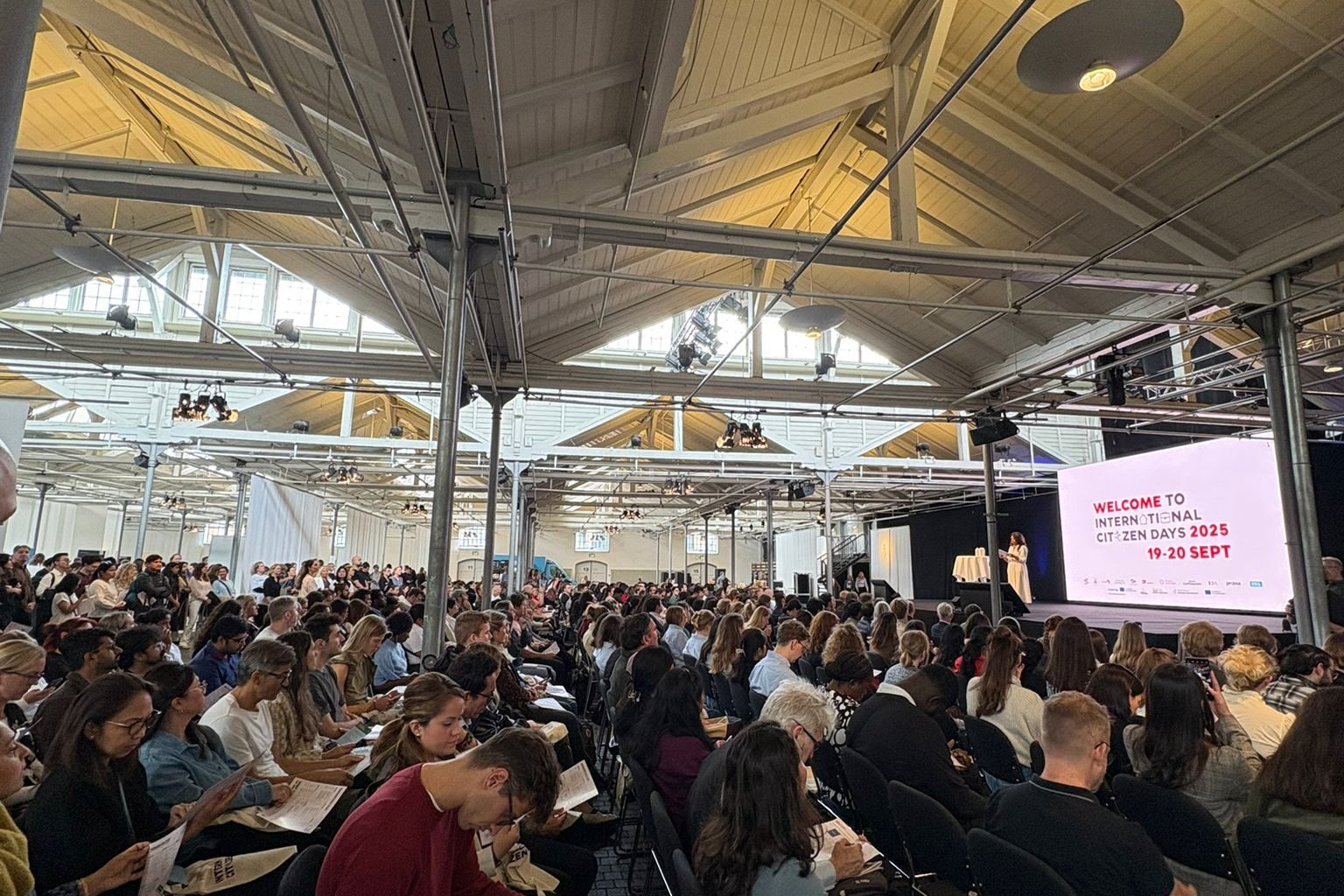Breaking into Denmark’s workforce is the biggest challenge for internationals trying to build a life here.
That was the consensus at International Citizen Days 2025, where participants discussed everything from visa rules to Danish classes and workplace culture.
International Citizen Days is an annual two-day fair in Copenhagen organized by the city and partner organizations to help newcomers navigate life in the region.
The event features information booths, panels, job-matching sessions and practical workshops on employment, housing, schooling and civic services.
For Mueni Udeozor, a Canadian who moved to Denmark in February with her Danish husband, the search has been disheartening despite 20 years of experience in international development.
According to Udeozor, career fairs and programming meant for international job seekers, including International Citizen Days, often focus on STEM fields, leaving many international professionals out of the picture.
“Looking around, for myself and my field, there’s a lot of conversations about technology, about IT, about engineering,” Udeozor said. “Those are not my fields. So for someone in the social sciences, is there a place for me?”
Udeozor is taking Danish classes and trying to adapt, but wonders if cultural differences are part of the problem.
“I’m willing to do whatever it takes, but it’s just knowing what doors to knock,” Udeozor said. “I have the expertise, so why aren’t those doors opening?”
While Mueni worries about being shut out of her field, others see Denmark as a chance to start fresh.
Iwona Gach, from Poland, sees Denmark as a chance for reinvention. Having arrived in late August, she moved so her child could attend an international high school.
With this fresh start, Gach is now considering shifting careers.
“I like Denmark so far, and I’m looking for this kind of work-life balance, so maybe this is a good place to make a switch in my life, as we have three kids and they are growing up,” Gach said. “I came here to search for opportunity.”
For some, the challenge ahead isn’t switching fields, but clearing red tape.
Michael Peters, an American, the barrier is Denmark’s “Startup Denmark” visa program, which grants residence and work permits to entrepreneurs from outside the EU, EEA and Switzerland. Peters has applied for two years without success, calling the process time-consuming and inconsistent.
“It’s just been a pain, and I do take breaks,” Peters said. “Applying is free until you’re able to qualify and then you have to pay for the visa. So it’s just taking time, not money, but just time.”
Peters added that the criteria for successful applications don’t always feel clear, as the judges reviewing applicants prioritize different things.
“I’m like, okay, you want XYZ, but that wasn’t listed on the criteria that the website posts,” Peters said. “I feel like that’s a little unfair because I’m just doing what I’m asked to do.”
Peters focused on networking and looking for other applicants for a Startup Denmark visa at the International Citizen Days. He left with a list of resources to hopefully strengthen his application in the next round.
A number of panels and workshops at International Citizen Days don’t only focus on application advice, but on how to adapt to Danish workplace culture once you’ve secured that hard-won job.
Mei Leei, originally from Taiwan and now working in education in Denmark after moving with her Danish husband, said she attended the event to better understand cultural differences in the job market and workplace.
“I’m a blank slate, so I’m just absorbing,” Leei said, on her way to attending a panel on how Danes navigate salary negotiations. “Since I work, I’ve found that even trying to understand a payslip is insane.”
For participants like Mueni, the challenge remains not just finding work but being able to stay.
“There’s a gap here,” Udeozor said. “There are a lot of people that come here, who want to stay, but can’t. Either they don’t find work, or they’re not properly integrated into society early enough, but the work piece is really huge, I think.”
